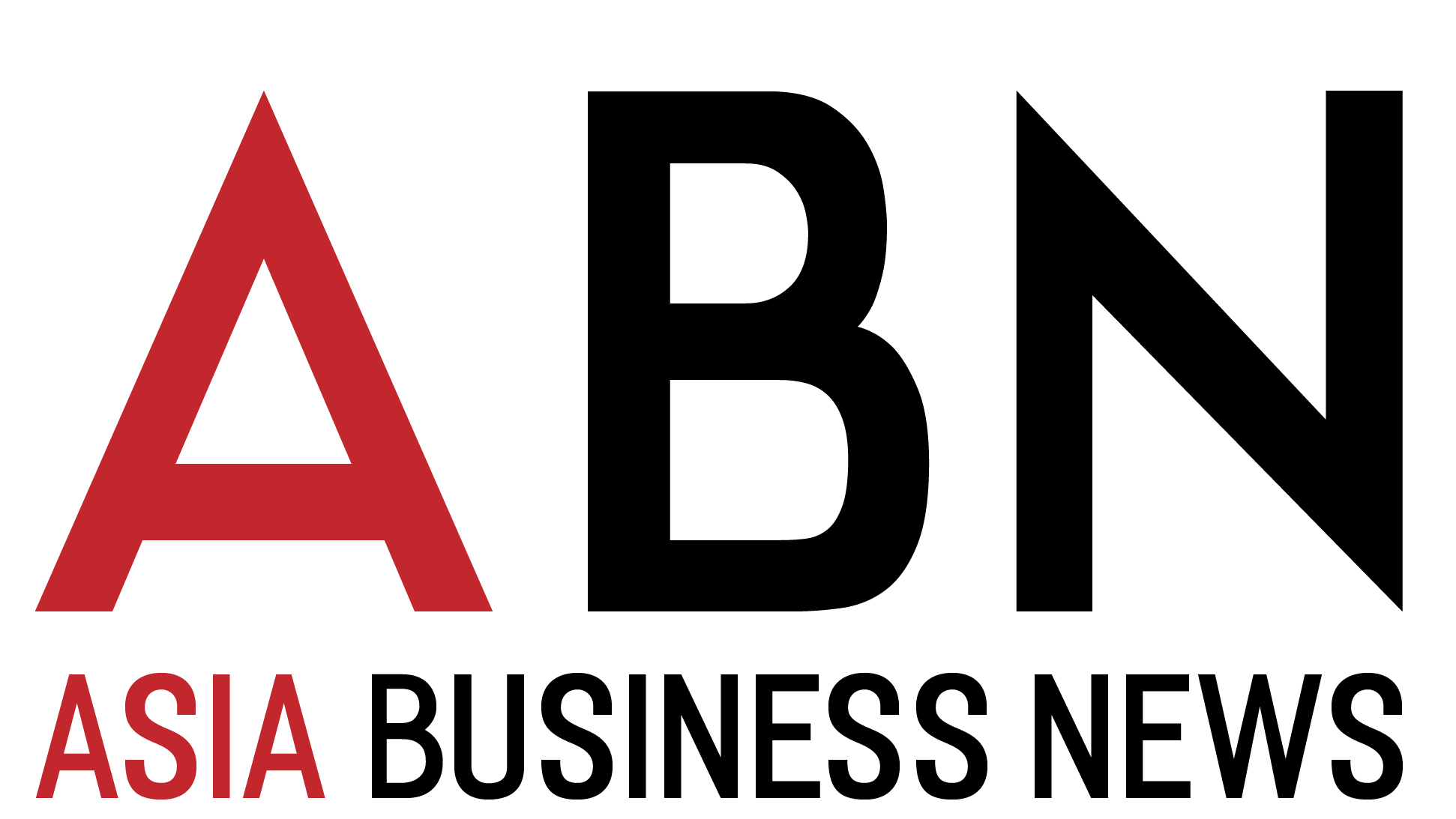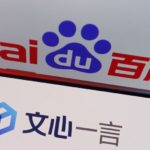A bill being considered by the South Korean National Assembly may be for businesses and … More
South Korea is considering legislation that will impose legally binding human rights obligations on many companies operating at home and abroad.
This could be a turning point in the Asian regulatory landscape, heralding a new era of human rights obligations for businesses in the region.
The Legislative Act for the Protection of Human Rights and Sustainable Business Management Environment (also known as the Corporate Human Rights and Environmental Due Diligence Act) was reintroduced to the South Korean National Assembly in June 2024. It requires large Korean companies as well as foreign companies that operate heavily in South Korea in order to implement huge operations to identify and supply human rights and environmental issues to their businesses and to provide human rights and environmental issues. The bill reflects the development of the EU, which targets companies with more than 500 employees or earning more than $280 million a year and lowers its threshold to high-risk areas of 250 employees, such as mining and energy.
Under the proposed framework, companies will be required to publish annual reports documenting their due diligence processes and mitigation efforts. Violations may lead to administrative penalties, while certain violations may cause civil liability.
Although the bill remains subject to parliamentary considerations and may be subject to major revisions, it reflects the growing political and public consensus in South Korea that voluntary norms are no longer sufficient to address corporate and human rights issues.
Volunteering is not good enough
The Global Business and Human Rights Agenda has been in the United Nations Guiding Principles for Business and Human Rights (UNGP), calling on companies to respect human rights by conducting appropriate due diligence and providing remedies in the event of a violation. Despite being widely recognized by the government and enterprises, UNGP is unbinding and its implementation is inconsistent.
South Korea’s bill is part of a broader trend in bringing the embedded principles into law in UNGP. The proposed legislation in Seoul reflects aspects of the German supply chain due diligence law and the recently adopted company sustainability due diligence directives by the EU, both of which impose due diligence requirements on large companies to ensure companies accountable for the adverse impact of their global supply chains.
If passed, the South Korean bill would be the most comprehensive and enforceable business and human rights initiative in Asia. This will require not only companies to assess and disclose risks, but also to take action against them, take specific measures to prevent or mitigate hazards, establish complaint mechanisms and track their effectiveness over time.
How will the company be affected?
Although the scope of the bill is national, it has implications for Asia and beyond. South Korea is a community economy with a large amount of outbound investment, deep trade relations and a core role in the global supply chain. If enacted, the legislation would have extraterritorial implications, attracting suppliers and subsidiaries from Asia and beyond to adopt commercial and human rights acts consistent with North Korean law.
In addition, several other Asian countries are actively exploring similar regulatory models.
Japan has adopted unlimited human rights due diligence guidelines.
Thailand is developing a national action plan on business and human rights, and further regulatory options are reportedly being considered.
India’s Business Responsibility and Sustainability Reporting (BRSR) framework, while currently a disclosure regime, reflects an increasing focus on environmental and social risks in corporate governance.
For multinational corporations and regional groups, changes in the legal environment in Asia need attention. Business and human rights can no longer be downgraded to ideal policy statements or to corporate social responsibility teams. It must become a comprehensive part of corporate risk management and legal compliance, jurisdictions and supply chains within the scope.
What should the company do
Although the legislation has not yet become law, the bill is an opportunity for operators in the region. Companies exposed to South Korea or the broader Asian market should consider taking the following steps to prepare for a stricter business and human rights landscape:
- A gap analysis of existing policies and practices
Companies should assess how well their current human rights plans are aligned with emerging legal requirements. Many have public commitments but lack the system and internal governance to operate them. - Enhance supply chain visibility and risk mapping
Legal obligations under the Korea Act and similar regimes will require proveable knowledge of the operational and risk exposure of suppliers. Companies should invest in better data, more comprehensive audits and contract frameworks that support accountability. - Establish an internal governance mechanism
Business and human rights are not only compliance functions. It requires board-level oversight, cross-functional coordination, and regular reporting to senior leadership. Effective implementation will depend on aligning with the legal, procurement and sustainability teams under a common framework. - Actively monitor regional development
South Korea may be the first, but other Asian jurisdictions are not far away. International frameworks, as well as domestic pressures from civil society, NGOs, investors and consumers, are increasingly informing regulatory initiatives in Asia. Companies that track these developments and interact with policy makers as early as possible will better shape the rules than just follow them.
Strategic turning point
South Korea’s proposed legislation reflects an increasing recognition in Asia that companies must be responsible for human rights issues and that a voluntary framework alone is not enough to deal with the risks posed by complex transnational supply chains. Now, it is no longer a theoretical or reputational focus, it is now a material risk to legal and financial consequences. Companies that address this problem with the necessary rigor, vision and strategic intentions will not only mitigate these risks, but will also enhance stakeholder trust and operational resilience.
The business problem is not to take businesses and human rights seriously, but to meet rising expectations before these expectations become enforceable obligations.












